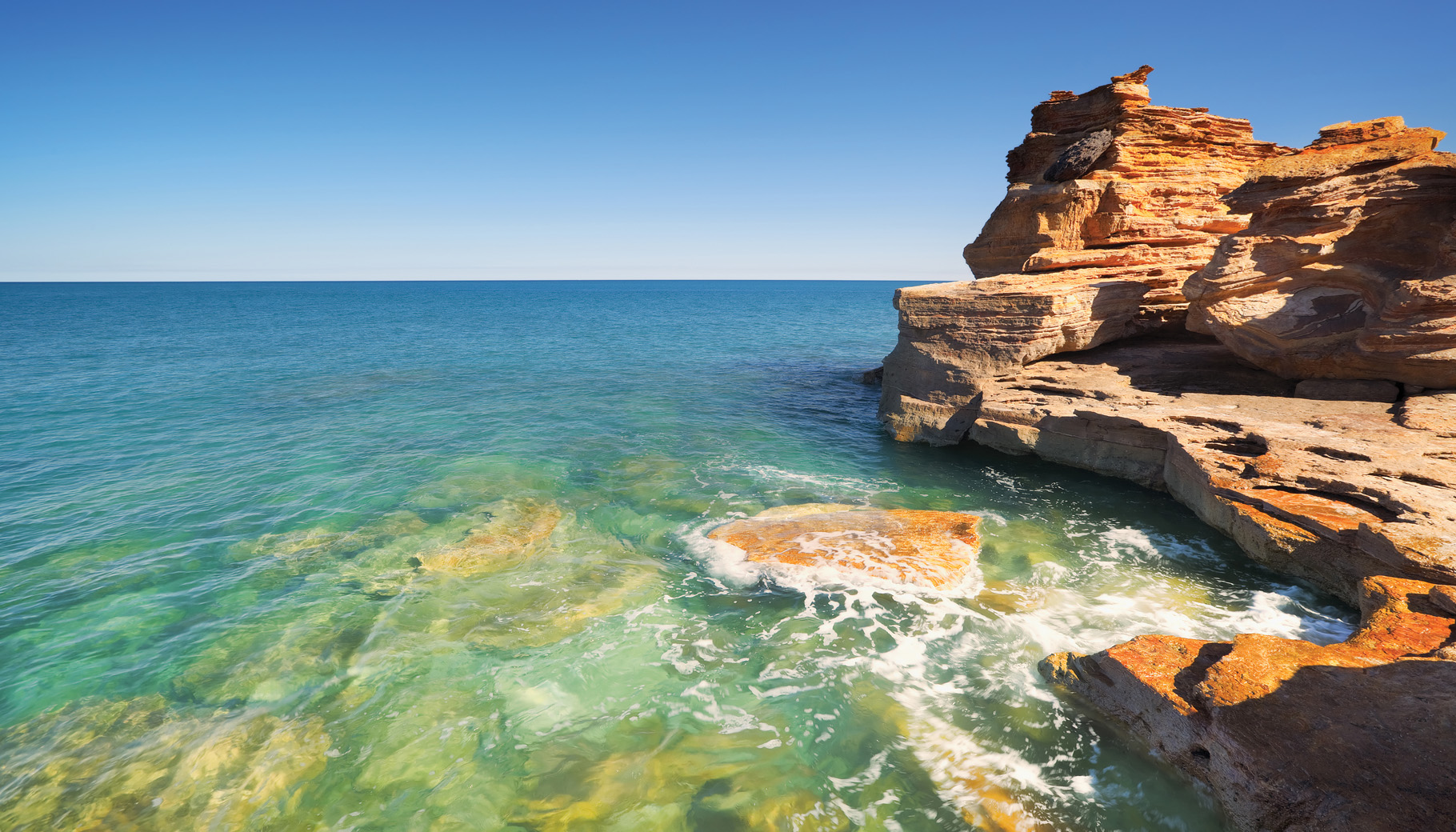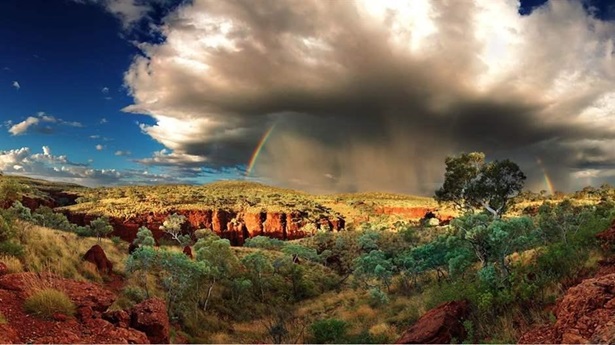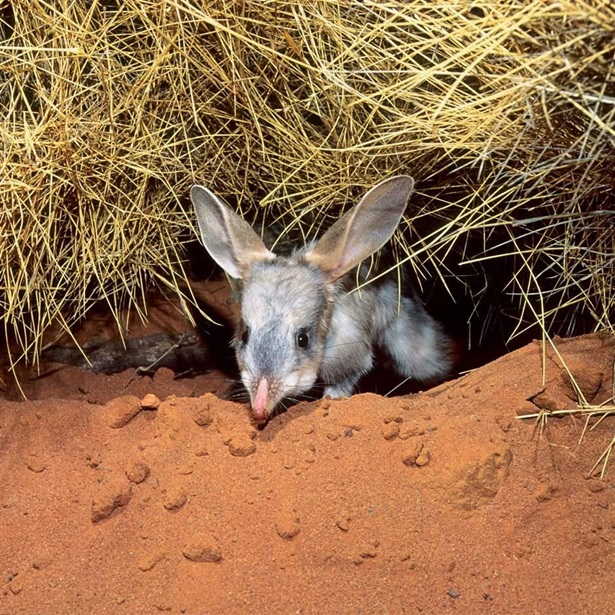Improving Public Policy

Australia marine parks now a reality
In July, 44 new federal marine parks became operational in Australia, putting in place a huge new network of reserves. In total, the parks measure 926,645 square miles, span almost the entire Australian coastline, and cross subtropical, temperate, and sub-Antarctic ecosystems. Pew and partners across Australia collaborated for years, throughout successive government administration changes, to make the network of reserves a reality.
President signs laws to help prepare for costly flood disasters
In October, President Donald Trump signed the Disaster Recovery Reform Act, a law that provides American communities with new resources and guidance to limit the impact of disasters. The law allows the president to set aside a portion of the nation’s Disaster Relief Fund for pre-disaster mitigation projects—investments made before storms that will save lives and property when floods, hurricanes, and other natural disasters strike. Such investments pay off: The National Institute of Building Sciences has determined that, on average, every $1 spent on disaster mitigation saves society $6 in future disaster costs.
Two months earlier, President Trump signed the John S. McCain National Defense Authorization Act for Fiscal Year 2019, which includes flood mitigation requirements for Department of Defense facilities in at-risk areas. The new safeguards direct the Pentagon to disclose flood risk for construction projects and develop mitigation plans. The defense budget represents 16 percent of federal spending—the second largest of any federal program—and the legislation marks a significant step toward better protecting taxpayer investments and improving the military’s operational readiness. Pew’s flood-prepared communities project worked closely with key members of Congress to develop vital sections of the bills and build stakeholder support to help ensure their passage.
New England waters gain protections from herring trawlers
In September, the New England Fishery Management Council took decisive steps to restore the region’s herring population and build a sustainable fishery. Members voted to protect the forage fish from midwater trawler boats within a buffer zone out to 12 nautical miles (nm) from shore along the entire New England coast. The zone extends to nearly 20 nm from shore around Cape Cod. The council also established a rule that will adjust future catch limits to respect the herring’s key role in the Atlantic ecosystem and leave many more of the vital fish in the water for predators. The two measures will directly benefit marine wildlife, such as seabirds, cod, tuna, sharks, and whales, and will help coastal habitats thrive. Pew led the years-long effort through many steps, including initial scoping, scientific review, workshops, a public comment period, and securing key votes at the final meeting.
Pew launches public access to a platform for antibiotic research
After a year of testing and development, Pew’s antibiotic resistance project opened access to its online, interactive antibiotic discovery platform in September. The Shared Platform for Antibiotic Research and Knowledge (SPARK) gives users unprecedented, one-stop access to a trove of curated data, including previously unpublished findings, and easy-to-use modeling tools to accelerate research and development. The SPARK initiative is a key strategy of Pew’s work to spur innovation by helping researchers overcome basic scientific barriers to antibiotic discovery.
Pew releases report on improving electronic health record safety
The American Medical Association (AMA); MedStar Health, a large mid-Atlantic health system; and Pew’s health information technology initiative published a report in August on best practices for improving the safety of electronic health records (EHRs). The report offers recommendations on improving the testing of EHRs for safety throughout the product lifecycle—from development through implementation and customization—and 14 test scenarios that EHR developers and health care facilities can use to evaluate safety. The report also includes a series of best practices that can be implemented by organizations to detect and mitigate potential safety challenges with EHRs.
Federal Sentencing Reform Now a Reality
In December, President Donald Trump signed the First Step Act, bipartisan legislation reforming the federal criminal justice system, which follows a trend in the states which have shown how to cut crime and incarceration simultaneously. Pew has worked around the country for a decade helping states develop research-based policy changes to control prison growth, hold people accountable, and protect public safety. These reforms have prioritized prison space for those who commit serious offenses, while reducing recidivism and providing more appropriate supervision alternatives for some incarcerated individuals. These steps are protecting public safety and saving taxpayers billions of dollars. The FIRST STEP Act represents an important stride toward implementing similar evidence-based sentencing and release policies in the federal criminal justice system.





